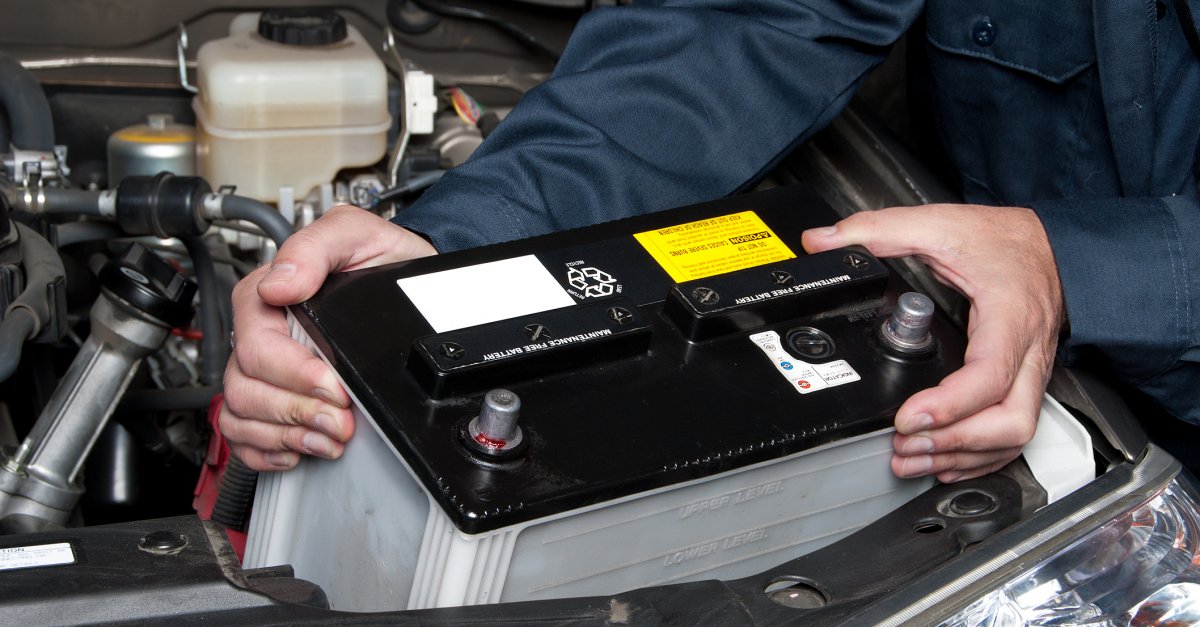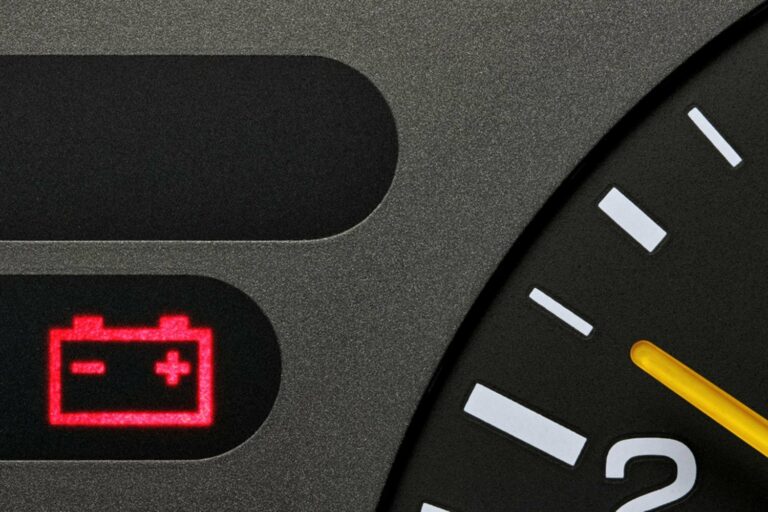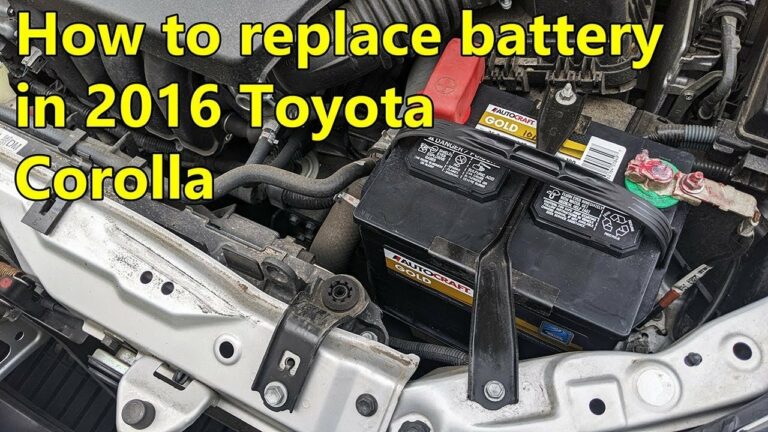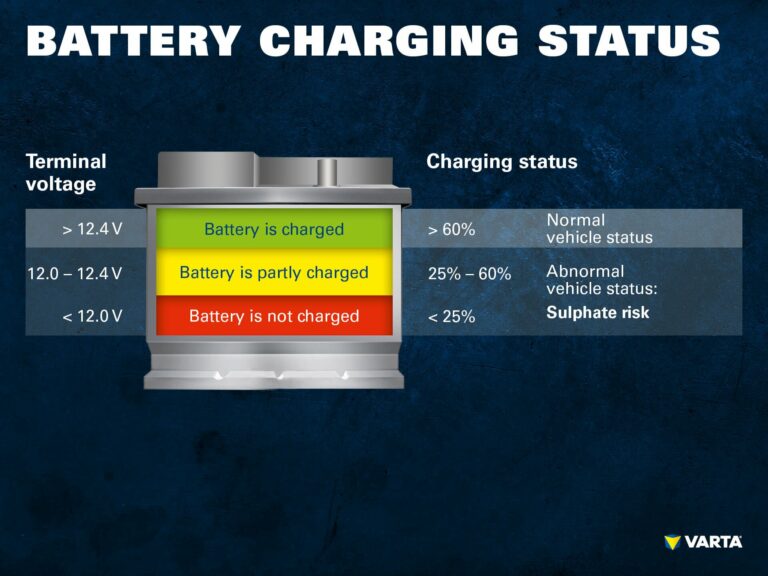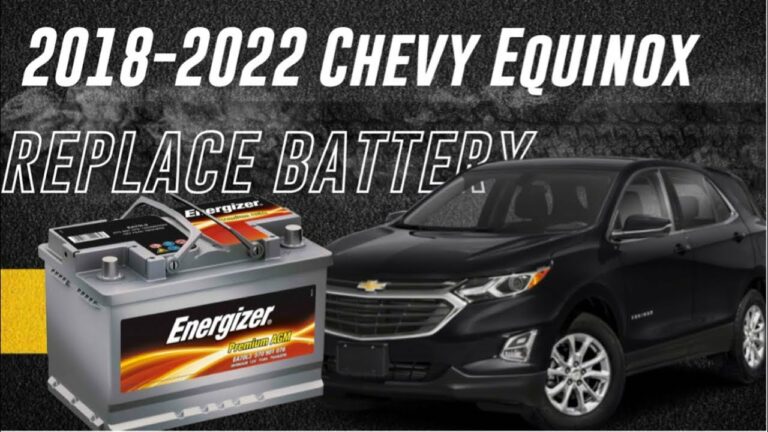The Ultimate Guide: How To Choose The Right Car Battery
If you’re unsure about how to go about replacing your car battery, you’ve come to the right place. It’s crucial to select the correct car battery to ensure optimal performance, especially in challenging conditions like long journeys or cold weather.
But no need to worry! This guide will walk you through the process of choosing the best car battery for your requirements. Whether you’re a seasoned car enthusiast or a new driver, our advice and tips will help you make a well-informed decision. Let’s delve into the realm of car batteries and learn how to pick the ideal one for your vehicle.
How to Choose the Right Car Battery:
Choosing the right car battery is crucial for maintaining your vehicle’s performance and starting the engine. With many options available, selecting a reliable and high-quality battery can be overwhelming. This guide will help you consider the key factors to find the best fit for your car.
Determining Your Car’s Battery Size and Type:
Before diving into the details, it’s crucial to understand the basic requirements of your vehicle. The first step is to determine which battery size and type are compatible with your car. You can find this information in your car’s owner’s manual or by checking the current battery installed. Common battery sizes include Group 24, Group 27, and Group 31, each with different dimensions and capacity.
1. Battery Size
To choose the right battery size, consider the following factors:
- Space availability in your car’s battery tray
- Compatibility with your car’s electrical system
- Engine size and power requirements
- Climate conditions in your region
2. Battery Type
There are primarily two types of batteries:
- Starting, Lighting, and Ignition (SLI) Batteries: These batteries provide power to start the engine and run the electrical systems when the engine is off.
- Deep Cycle Batteries: Designed to provide a steady amount of power over an extended period, deep cycle batteries are ideal for vehicles with additional power demands, such as recreational vehicles (RVs) or boats.
Battery Performance and Reserve Capacity:
When selecting a car battery, it’s important to consider its performance and reserve capacity. Here are a few key points to keep in mind:
1. Cold Cranking Amps (CCA)
CCA refers to a battery’s ability to start the engine in cold temperatures. The higher the CCA rating, the better the battery’s performance in cold weather conditions. It’s crucial to choose a battery with an appropriate CCA rating for your climate.
2. Reserve Capacity (RC)
Reserve capacity indicates how long a battery can power essential systems in case of alternator failure. A higher reserve capacity means the battery can support your vehicle’s electrical needs for a longer duration. Consider your driving habits and the electrical demands of your vehicle when choosing a battery with the right reserve capacity.
Battery Maintenance and Lifespan:
When investing in a car battery, you should also consider its maintenance requirements and lifespan. Here are a few points to consider:
1. Maintenance-Free vs. Low-Maintenance Batteries
Most modern car batteries are maintenance-free, meaning they don’t require regular fluid level checks or topping up. However, if you prefer to have maintenance control, you can opt for low-maintenance batteries that allow you to add water if needed.
2. Battery Lifespan
The average lifespan of a car battery can vary based on usage, climate, and quality of the battery. Typically, a car battery lasts between three to five years. Consider investing in a reputable brand with a longer lifespan and warranty.
Battery Brand Reputation and Reliability:
Choosing a reliable brand is crucial to ensure you get a quality battery that performs well. Look for batteries from reputable manufacturers known for their reliability and durability. Research customer reviews and ratings to gain insights into their experiences with specific battery models and brands.
Battery Price and Warranty
While price shouldn’t be the sole determining factor, it’s important to consider your budget. Compare prices from different retailers and online platforms to find the best deal without compromising on quality. Additionally, pay attention to the warranty offered by the battery manufacturer. A longer warranty period indicates the manufacturer’s confidence in their product.
Environmental Considerations
As society becomes more environmentally conscious, it’s worth considering eco-friendly options for your car battery. Some manufacturers produce more sustainable batteries, with reduced environmental impact during production and disposal. Look for batteries with lower levels of hazardous substances and those that can be recycled.
Installation and Compatibility
Lastly, ensure that the battery you choose is compatible with your car’s electrical system and that you have the necessary tools and expertise for installation. If you’re uncertain, it’s always best to consult a professional mechanic.
How To Choose A Car Battery (Simplified)
Faqs for How To Choose The Right Car Battery:
To determine the correct battery size for your vehicle, you can refer to your owner’s manual or check the existing battery’s specifications. The battery size is typically indicated by a group number or a combination of letters and numbers. You can also consult a battery manufacturer’s compatibility guide or use an online battery finder tool.
The reserve capacity of a car battery indicates the number of minutes the battery can supply a specified amount of electrical current to the vehicle’s electrical system without the alternator charging it. It measures the battery’s ability to power essential systems such as headlights, audio systems, and engine ignition in case of alternator failure. A higher reserve capacity is generally desirable for vehicles with advanced electrical systems or for those frequently driving in heavy traffic or remote areas.
Yes, it is important to use a battery that meets the specific requirements of your vehicle. Different vehicles may have different power demands, so using the correct type of battery ensures optimal performance. Some vehicles require maintenance-free batteries, while others may require AGM (Absorbent Glass Mat) or gel batteries. It is recommended to consult your owner’s manual or a professional to determine the appropriate type of battery for your vehicle.
Climate plays a crucial role in choosing the right car battery. In extremely hot climates, a battery with higher cold cranking amps (CCA) is beneficial as it ensures reliable starting power. Cold temperatures can reduce a battery’s effectiveness, so choosing a battery with a higher CCA rating is important in cold climates. Additionally, some batteries are designed to handle extreme temperatures and offer enhanced performance and durability in harsh weather conditions.
The lifespan of a car battery can vary depending on factors such as usage patterns, climate, maintenance, and quality. On average, car batteries last around 3 to 5 years. However, proper maintenance like regular inspection, cleaning terminals, and ensuring proper charging can help extend their lifespan. If your battery is older or showing signs of weakness, it is advisable to have it tested and replaced if necessary.
Final Thoughts
Selecting the correct car battery is essential for your vehicle’s performance and reliability. Consider factors like compatibility, size, capacity, brand reputation, warranty, maintenance, and weather durability. Evaluate these aspects carefully to choose a suitable battery that meets your vehicle’s requirements and offers efficient power. Prioritize quality and compatibility for a seamless driving experience.
